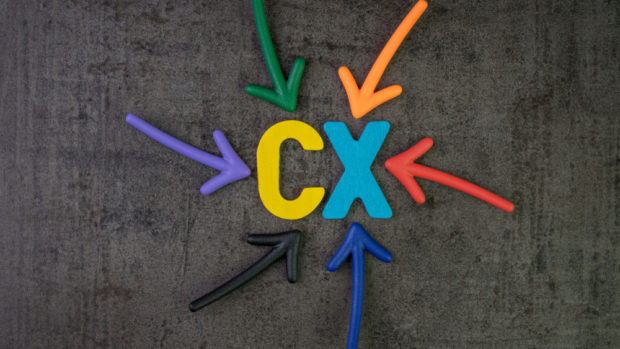
Online retail revenues rose significantly year-on-year in March, despite cost-of-living pressures continuing to squeeze household budgets, the latest data from Wunderkind, the leading performance marketing channel that scales one-to-one messages for retailers and brands, has revealed.
Data from Wunderkind’s Marketing Pulse, which analysed over 149.2 million shopper journeys, found that UK digital revenues in March rose +36.6 per cent year-on-year, and also revealed that web traffic to retailers’ websites across Q1 (01 January – 31 March 2023) saw a +41.6 per cent uplift year-on-year. And, despite inflationary pressures prompting consumers to embrace caution, GfK’s Consumer Confidence Index has suggested UK shoppers’ outlook improved by two points year-on-year in March – a shift supported by Wunderkind’s spend data.
While eCommerce sales last month remained higher than in 2022, consumers continue to display prudence around spend, taking more time browsing for deals and offers, and displaying longer consideration phases as they validate purchases and seek out the best price. In March 2023, web traffic to retailers’ websites rose +60 per cent compared to the same time last year, with consumers seemingly requiring a higher number of browsing sessions and web visits to make purchasing decisions.
Wulfric Light-Wilkinson, general manager, of international at Wunderkind, commented: “Consumer spending remained resilient last month despite the ongoing pressures on household finances. We saw higher levels of online sales in March compared to the same month in 2022, which will be encouraging to retailers, but it’s certainly worth highlighting that the way consumers are making their purchases is shifting. We’re now seeing more prolonged consideration phases, which means retailers need to think about the frequency, as well as the timing, of customer engagement, as shoppers are taking longer to move from browsing to buying.
“This is an opportunity for ambitious, creative retailers to make their mark. By coming up with engaging, atypical campaigns, deals and offers, brands can entice lapsed as well as loyal customers back to site, and encourage them to convert. By re-engaging customers around abandoned baskets, product and category searches, and back in stock reminders, and by intelligently using personalised, triggered marketing communications, retailers can drive an uptick in sales.
“Providing offers, deals, discounts and competitive prices has always been vital to bringing in new customers and encouraging existing ones to return, but now these sweeteners are almost essential. Until the cost of living crisis abates, retailers will struggle to turn interest into buying intent unless they have such incentives in place; the key is having the data to understand what consumers want, what they value most, what will encourage them to buy, and how these needs can be catered for.”
Across March web conversions were also up +80.8 per cent compared to the year prior, which points to demand resilience despite discretionary spending being squeezed. The highest converting day last month was 16 March, up +23.6 per cent on the daily average for the month, with Mother’s Day (19 March) likely helping to boost demand.
Interestingly, while the number of conversions was buoyed by Mother’s Day trading, web revenues in the week preceding 19 March were down -5.7 per cent year-on-year. This suggests that shoppers may have scaled back and opted to buy gifts with lower price points. This point is supported by separate research of 2,000 UK shoppers carried out by Emarsys prior to Mother’s Day, which suggested over a fifth (22 per cent) of UK consumers planned to cut back on gift spend this year.








Share